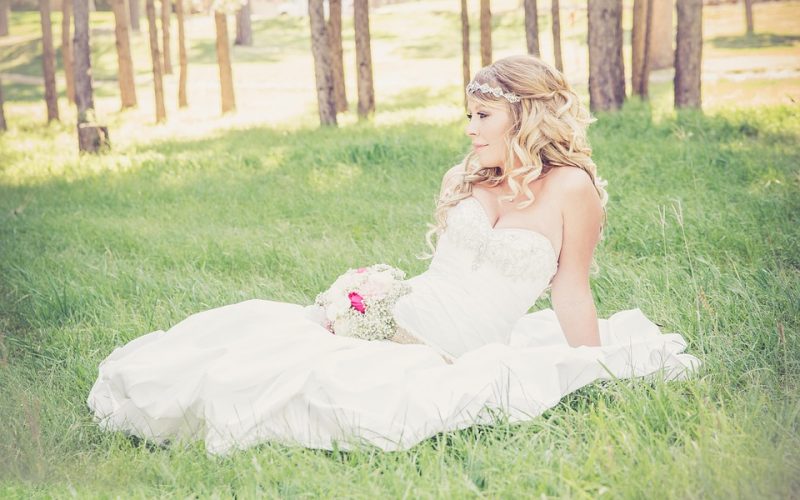One of the most heart-wrenching scenarios imaginable at a wedding is a bride being jilted at the altar.
This unexpected turn of events leaves not just the bride and groom in emotional disarray but also creates ripples that affect everyone involved in the celebration. Such a decision might seem sudden and shocking, but various reasons could lead a bride to make this drastic choice. Doubts about lifetime commitment, discovering unsettling truths about her partner, or overwhelming stress about the impending life changes are some factors that may influence her decision.
Additionally, societal pressures and the intense scrutiny of the wedding day can amplify pre-existing anxieties, propelling such a surprising decision.
Significant financial losses
The financial implications of a cancelled wedding are staggering. Weddings are often costly affairs, with expenses allocated to venues, catering, flowers, and attire, among other essentials. When a bride decides to call it off at the last minute, significant financial losses can incur. Non-refundable deposits and contracted services contribute to the financial burden, while families and vendors struggle to recoup costs.
The aftermath extends beyond immediate costs, impacting relationships with service providers and even the reputation of those involved, as word quickly spreads through social networks and local communities.
Documenting a union of love
Among the many considerations of a wedding is the role of the wedding photographer. Capturing every moment of what is expected to be a joyous occasion, the photographer's task abruptly shifts focus if an altar jilting occurs. Instead of documenting a union of love, they may be left with the poignant task of capturing a bittersweet story, full of emotions and complexities.
This sudden change can heighten the pressure on photographers who must adapt to less-than-ideal circumstances or find tactful ways to record the event's outcome. Nevertheless, the photos become part of the story, encapsulating the moment's raw honesty even amid chaos.
Missed spectacles
Another element that complicates the contemporary wedding landscape is the addition of modern technologies like drone light shows. These extravagant displays, planned with precision and often coordinated to perfection, highlight the evolving nature of wedding entertainment.
However, when a bride jilts at the altar, such meticulous preparations can feel extravagant and futile. Drones hover with choreographed anticipation, ready to illuminate celebration, yet are suddenly redundant in the shadow of an unresolved narrative.
The irony of these missed spectacles serves as a reminder of the unpredictability of human emotions and relationships, regardless of technological or financial investments.
Fraught with hurt and bewilderment
However, as devastating as such a scenario can be, it also opens dialogues about personal agency and the importance of self-awareness before commitment. It may prompt a reassessment of the values and expectations surrounding marriage, encouraging individuals to prioritise their happiness and mental well-being over societal conventions.
While the immediate aftermath is fraught with hurt and bewilderment, in the long term, avoiding an incompatible marriage may save both parties from the potential pain of future divorce or unhappiness.
Exploring their feelings
In dealing with the aftermath, support networks become crucial. Friends and family can provide emotional stability and practical assistance, helping to navigate the turbulent path forward. Sound advice and unconditional support are essential during such times, as they enable individuals to process their emotions healthily.
Moreover, professional counselling can be a valuable resource, assisting those involved in gaining clarity and exploring their feelings without judgment. Community and connection play vital roles in healing and moving on from such an emotional ordeal.
Human relationships are inherently complex
While it may seem like an isolated event, a bride jilting at the altar serves as a microcosm of broader themes in relationships and society. It challenges traditional narratives about marriage and highlights the importance of authenticity and readiness in commitments.
It also underscores the reality that human relationships are inherently complex, often defying the neat resolutions we anticipate. In facing what can feel like a profound personal failure, there may yet be lessons of strength, resilience, and growth, turning what feels like a public spectacle of disaster into a private triumph of self-discovery.










